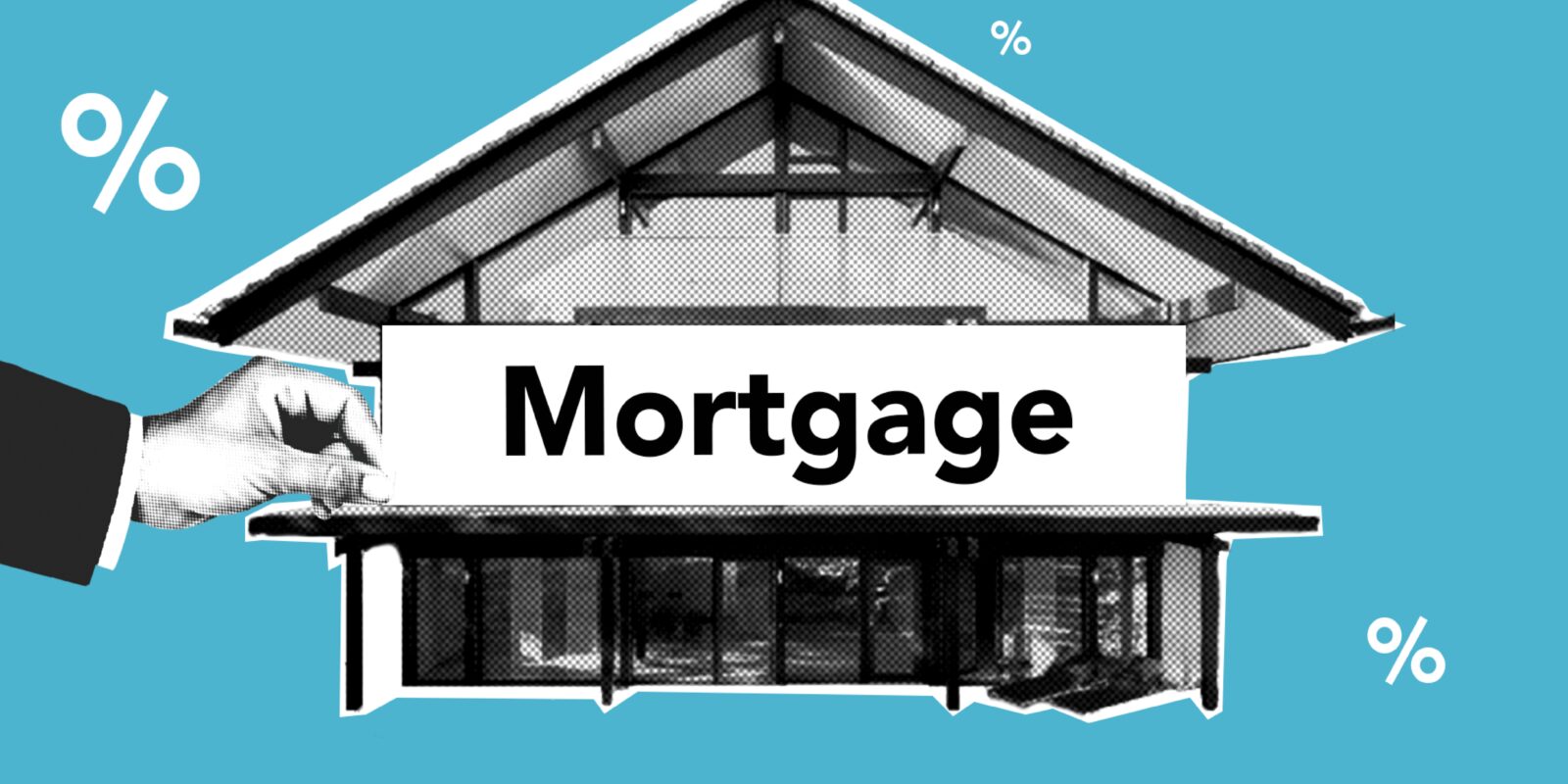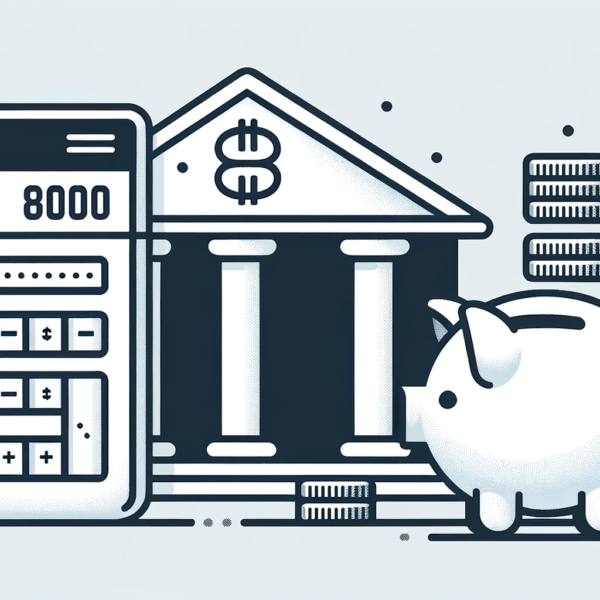Any prospective homeowner must be aware of the nuances involved in the mortgage approval procedure. In addition to examining five distinct mortgage kinds and providing advice on how to improve your chances of acceptance, this article attempts to simplify the application process.
5 types
Type 1: Traditional Mortgages
- Definition and Features: Conventional mortgages are the most prevalent form and are not guaranteed by the government. Typically, they demand a down payment of between 3% and 20% along with a credit score of 620 or higher.
- Procedure for Approval:
- Credit Score: Generally, a score of more than 700 is favored. Reducing debt and making sure that bills are paid on time are two ways to raise your credit score.
Lenders often want a debt-to-income ratio (DTI) that is less than 36%. Reducing outstanding debts may enhance this. - Down Payment: Having more money saved up might increase your chances of being approved. For example, a 20% savings might remove the need for private mortgage insurance (PMI).
- Employment History: It is desirable to have a consistent work history, ideally two years in the same sector.
- Credit Score: Generally, a score of more than 700 is favored. Reducing debt and making sure that bills are paid on time are two ways to raise your credit score.
- For instance, by paying off her credit card debt and reliably paying her payments on time, Jane, a teacher, increased her credit score from 650 to 720 over the course of two years. She budgeted and regularly contributed to a savings account, which allowed her to save 20% of the down payment.
Type 2: Mortgages Insured by the Government
- Categories and Characteristics:
- FHA Loans: With as little as 3.5% down, these loans are intended for borrowers with poorer credit ratings.
- VA Loans: Usually requiring no down payment, these loans are available to veterans and active military people.
Designed with rural homeowners in mind, USDA loans usually don’t need a down payment.
- Approval Process: Generally, a credit score of 580 is enough for FHA loans. Although the credit standards for VA and USDA loans are more lenient, they still have some qualifying restrictions related to service history and property location.
Type 3: Expansive Mortgages
- Jumbo mortgages, as defined, are for pricey residences that are worth more than the typical loan restrictions. They often need a down payment of 20% to 30% and credit scores higher than 700.
- Techniques for acceptance: You may increase your chances of acceptance by proving that you have a sizable financial reserve and a high salary. It is essential to have thorough asset documentation.
Type 4: Mortgages with Fixed Rates vs Adjustable Rates
- Comparative Analysis: Fixed-rate mortgages provide stability by keeping the same interest rate for the duration of the loan. The initial rate of an adjustable-rate mortgage (ARM) is fixed, and it subsequently changes at predefined intervals.
- Advice for Approval: It’s critical for ARMs to show that you have the financial flexibility to absorb future rate rises. For those with established budgets, fixed-rate mortgages are a good option since they are often simpler to budget for.
Type 5: Mortgages that Contend
- Definition and Goal: These are intended for borrowers who don’t fit the typical lending requirements, often because of large loan amounts or unusual sources of income.
- Approval Process: High credit scores and a lot of paperwork are often needed for non-conforming loans. Higher loan rates or bigger down payments could also be required by lenders.
Getting Ready to File Your Mortgage Application
- Documentation: Prepare bank statements, pay stubs, tax returns, W-2 forms, and asset records.
- Financial well-being: Focus on establishing a solid credit history, paying off debt, and saving money for a down payment.
- Pre-qualification vs Pre-approval: Pre-approval provides a more realistic view of what you can afford by entails a comprehensive investigation of your financial history.
How to Handle the Approval Process
- Working with Lenders: Examine and contrast several lenders’ offerings. This procedure may also be facilitated by a mortgage broker.
- Comprehending Interest Rates: The market, credit score, down payment, and kind of loan all affect rates. Setting a rate lock may help guard against future hikes.
- Avoiding Common Pitfalls: Avoid opening new credit accounts or making significant purchases just before closing, since these actions may negatively impact your debt-to-income ratio and credit score.
FAQ Area
- What is the duration of the mortgage approval procedure? A: Depending on the specific loan type and conditions, the usual time frame is between thirty and forty-five days.
- Can someone with a poor credit score get a mortgage? A: It’s true that borrowers with lower credit scores are intended for government-insured loans, such as FHA loans.
What's your reaction?
Excited
0
Happy
0
In Love
0
Not Sure
0
Silly
0



